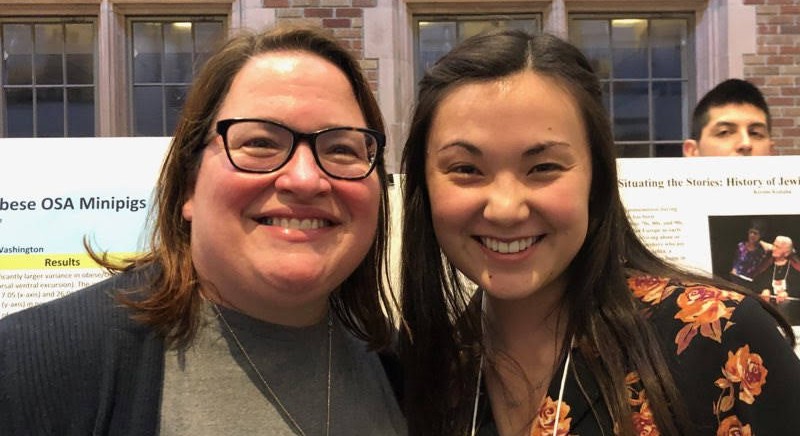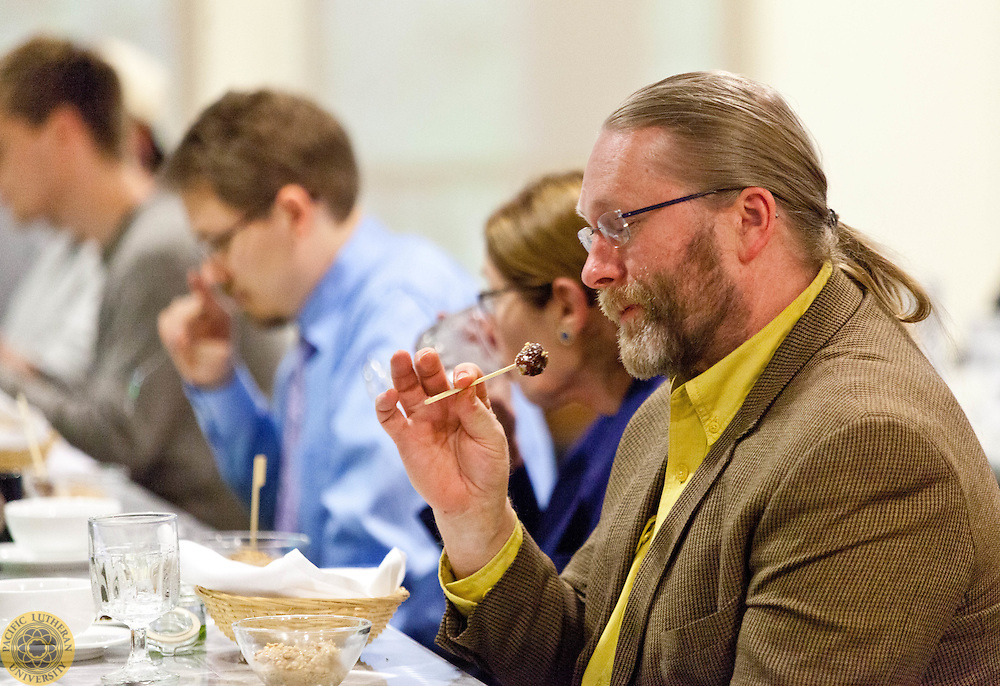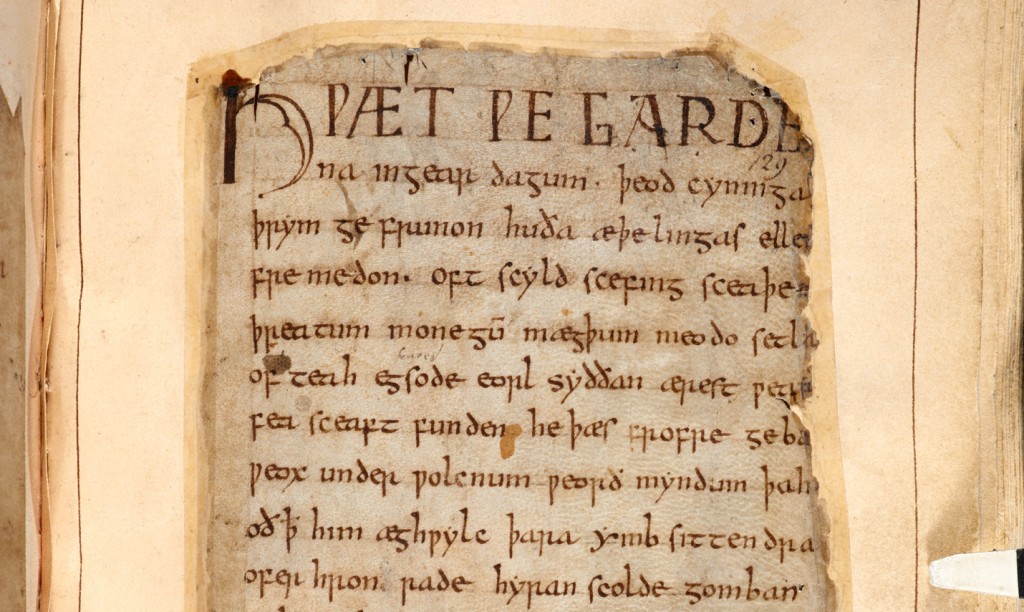Page 8 • (1,006 results in 0.039 seconds)
-
world, passionately engaging research, and teaching diligently. The stories in this issue were written by students in Professor Scott Rogers’s January course on “Writing for Professional and Public Settings” (ENGL 323). Each took on a writing assignment, interviewed subjects, and crafted a great article. This website was then designed by our Digital Humanities Lab Tutor, Sami Hoskins, a graduating senior. Their work demonstrates the amazing capacity of PLU students. It’s an honor to present to you
-
Humanities Wang Center Student-Faculty Research Awards The Kurt Mayer Endowment Digital Humanities Lab
-

about my family and Japanese-American identity. I think that attending the pilgrimage in Heart Mountain made me realize how many people are fighting for the Japanese-American voices to be heard, and my writing became my contribution to that fight.” Kishaba’s voice, both for Irene and for herself, is clear and strong, deconstructing historical prejudice word by word. A Passion for the ClassicsWhy the Digital Humanities Lab Impacts Us Read Previous The Importance of Dead Languages Read Next Why The
-
secondary classrooms J.P. Avila, Assistant Professor of Art: Avila will use $1,000 for a Nintendo Wii to construct a cost-effective digital whiteboard and interactive screen to promote visual communication through graphic design. Matthew Levy, Assistant Professor of English, Division of Humanities and Genevieve Williams, Assistant Professor of Library: They will use a “Turning Point” audience response technology to educate students about plagiarism. Their $1,000 will be used for software, a USB receiver
-
completely different locations than had been indicated. Part of his project is to improve accessibility by collecting the GPS coordinates of the sites that he was able to visit. The names on the back memorialize those killed in Chimaltenango, Guatemala, where this monument is located. Once he returned in Fall 2017, he utilized the new Digital Humanities (DH) lab and worked with Professor Adela Ramos, Department of English, and Joshua Smith, Instructional Technologies Systems Administrator and DH lab
-
-century’s interpretation of Austen’s gender commentary and imperialist tendencies, including present-day approaches to diversity and inclusion in adaptation projects. Adela Ramos is Associate Professor of English at Pacific Lutheran University. She has written on Homero Aridjis, Henry Fielding, Maria Edgeworth, Jonathan Swift, and Mary Wollstonecraft. Her teaching of Austen’s work emphasizes environmental humanities, feminism, critical race theories, and digital humanities. She is interested in how we
-

future rather than wait until we reached emergency conditions. This led to hard conversations and hard choices, ultimately made by the Board of Regents. The most drastic impact on the Humanities has been the reduction of our Classics Program, which will be moving from a major to a minor, staffed by one faculty member rather than two. At the end of this year, Eric Nelson will begin a well-deserved retirement, and Tyler Travillian will be the lone professor of Classics. Dr. Eric Nelson, who is
-
, and oceans that compose her novels without wallowing in despair. Instead, our project seeks to spark a lively conversation through social annotation and to create a space for reflection. Climate activists have taught us that our troubles cannot be solved by one or just a few individuals. Rather, these times call on us to collaborate. So, we turn to collaborative reading to raise old and new questions. Social annotation involves the collaborative creation of digital notes on the margins of a text
-
new evidence and new ways of understanding. Classics continues to contribute to all these disciplines by reshaping and sometimes redefining long-held assumptions about antiquity and humanity. And the Classics’s methodologies are also innovative: Classics has been a pioneering discipline in the Digital Humanities and computational linguistics, for example, the Perseus Project, the Packard Humanities Institute, and various 3D reconstructions of Roman architecture. Classics at PLU Classics at PLU
-

often so very chaotic and painful? That to me is important.” Why the Digital Humanities Lab Impacts UsSharing Passion for Scholarship Read Previous Sharing Passion for Scholarship: The Kelmer Roe Fellowships in the Humanities Read Next Connection through Translation LATEST POSTS Gaps and Gifts May 26, 2022 Academic Animals: Making Nonhuman Creatures Matter in Universities May 26, 2022 Gendered Tongues: Issues of Gender in the Foreign Language Classroom May 26, 2022 Introduction May 26, 2022
Do you have any feedback for us? If so, feel free to use our Feedback Form.


